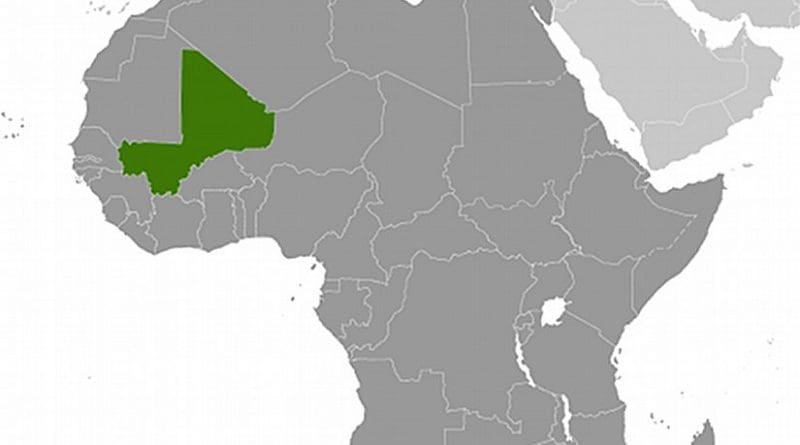Mali: Defense Ministry Promises Abuse Inquiry
The Mali Defense Ministry’s stated commitment to investigate serious alleged abuses by the security forces during operations in central Mali is a meaningful step toward accountability, Human Rights Watch said.
In a September news release, Human Rights Watch documented how military counterterrorism operations in 2017 allegedly resulted in numerous human rights violations, including extrajudicial killings, enforced disappearances, torture, and arbitrary arrests against alleged supporters of Islamist armed groups.
The Minister of Defense and Veterans, Tiéna Coulibaly, and other high-ranking military officials met with Human Rights Watch in Bamako on October 2, 2017, to discuss Human Rights Watch’s findings. At the meeting and in subsequent emails, the officials expressed their intent to open an investigation into the allegations in order to bring the perpetrators to justice.
“The Malian Defense Ministry’s expressed support for investigating alleged military abuses recognizes that counterterrorism operations depend on respect for human rights,” said Corinne Dufka, associate Africa director at Human Rights Watch. “This is a significant step, but for full accountability, the military’s disciplinary proceedings should be accompanied by appropriate criminal investigations by the Justice Ministry.”
The Defense Ministry also made commitments to take several other important measures to prevent further rights violations by security forces involved in the operations. These include ordering troop commanders to turn over anyone arrested during military operations to the gendarme military police; instructing provost marshals to submit monthly reports on human rights violations to the armed forces’ chief of staff; and increasing training on human rights for deployed military personnel.
A forthcoming Human Rights Watch report will document serious abuses by Islamist armed groups in central Mali in 2017, including summary executions of civilians and captured soldiers, destruction of schools, and recruitment and use of children as soldiers.
The National Commission for Human Rights, with whom Human Rights Watch met in Bamako on October 2, should conduct its own independent inquiries into recent alleged abuses by all sides.
It is imperative for military forces from Mali, Mauritania, Burkina Faso, Niger, and Chad, coordinating under the G5 Sahel (FC-G5S) to combat Islamist armed groups in the region, to abide by the laws of war, and for their governments to make justice and accountability high priorities, Human Rights Watch said.
“The increase in Islamist armed group activity across central Mali and the Sahel shows that military respect for basic rights is crucial to restoring public confidence in state authorities,” Dufka said.

